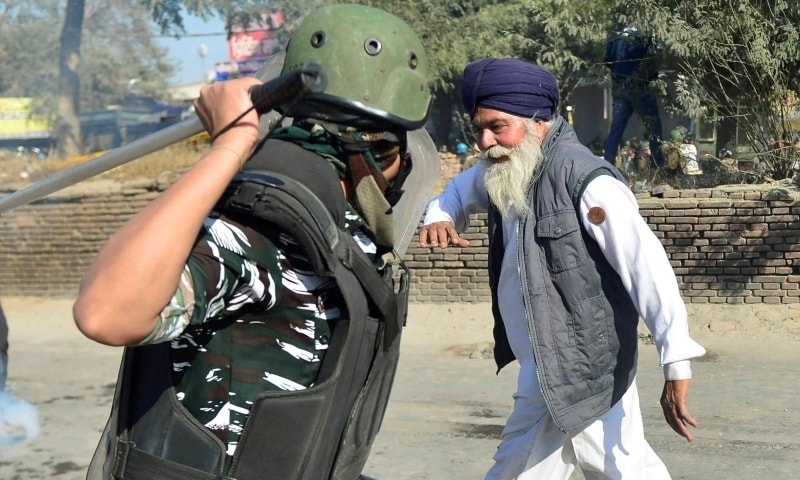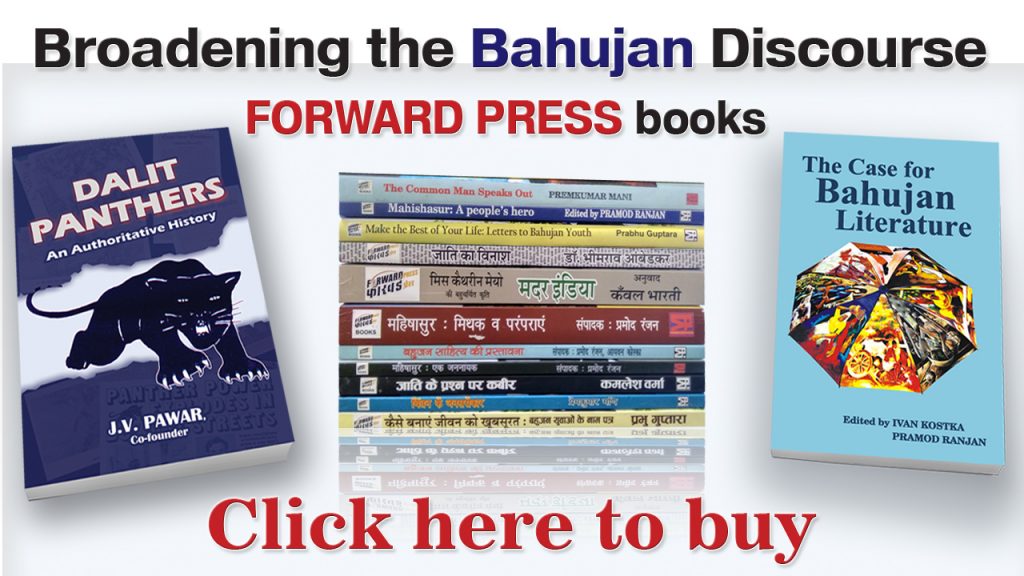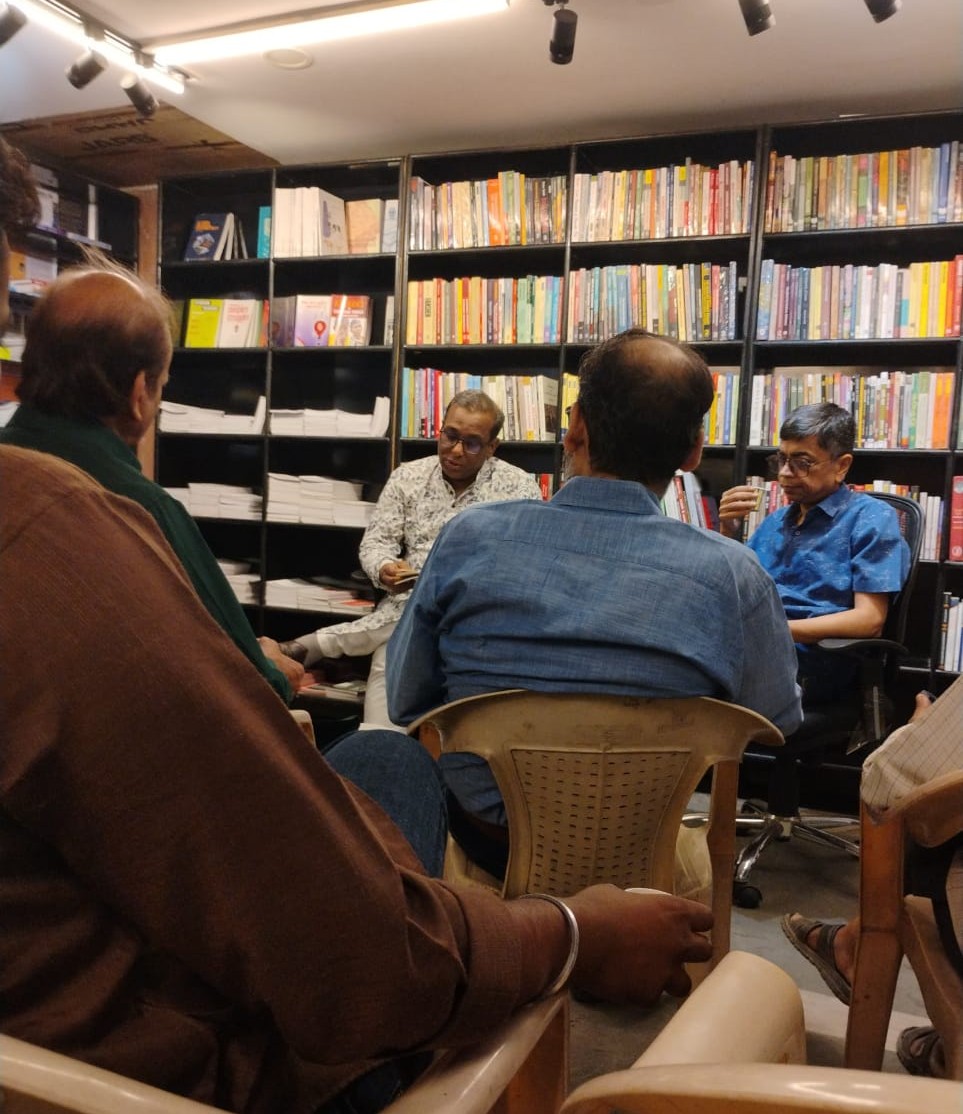On 19 November 2021, exactly a week before the first anniversary of the farmers’ protests reaching the borders of Delhi, when Prime Minister Narendra Modi began his address to the nation on television, no one could have imagined that he would be announcing the repeal of the three farm laws that had triggered the protests. Neither the common man nor political pundits would have envisaged any earthly reason for the prime minister backtracking on the issue.
However, the leaders of the movement had maintained that the government would have to surrender and withdraw the laws, supposedly meant to reform the agriculture sector. The farmers, protesting on the roads for a year, had some good reasons to believe that they would succeed. Firstly, the government had been forced to take a U-turn on another farmer-related issue in the past. The Modi dispensation had to withdraw its land acquisition law after the measure drew flak from different quarters, although the government, however, did succeed in somewhat blunting the edge of the pro-farmer provisions in the law. Secondly, their movement was drawing massive support, far more than they had anticipated. The government’s failure to rein in the prices of essential commodities had also strengthened the claim of the farmers that the new laws would make the situation worse by promoting hoarding and black marketing.
The farmers have almost realized their objective. The process of repeal of the farm laws has begun. The prime minister has announced that the laws would be repealed in the Winter Session of Parliament. But the farmers are not convinced. Their leaders say that if the government’s intentions were bona fide, it could have taken the ordinance route to repeal the contentious statutes.
Withdrawal of the laws does not pose any problems for the government. Just as Parliament can enact laws, it can also repeal them. The process is the same. The government can repeal the laws through a single bill. After receiving the nod of Parliament, the bill will be sent to the President of India for his consent. Once the President has signed it, it will be published in the state gazette and with that, the laws will become history. The farmers, however, doubt the purity of the government’s intentions. Moreover, they say that mere repeal of the laws will not fulfil their demands. That is why the Samyukta Kisan Morcha has decided to continue with the protests.
The farmers are firm on their two other demands – one, purchase of farm produce on Minimum Support Price (MSP) and two, linking the price of agricultural produce with input costs. The farmers also allege that the government, by its acts of omission or commission, have pushed up the prices of farm inputs, especially electricity, diesel, fertilizers and insecticides. Also, the freight for the farm produce has gone up. There is no mechanism to factor the labour of the farmers and their families in the cost of farming. That has made farming a loss-making proposition.

The issues related to the protection of the harvested crops, their purchase and warehousing also remain unresolved. Not only has the government been apathetic to these problems but it has left the farmers at the mercy of the market and the middlemen. The government is making a lot of song and dance about fertilizer subsidies and crop insurance schemes. However, the fact is that while insurance companies are getting crores of rupees as premium from the government, the farmers are not being compensated for their losses. Their claims are not honoured by the insurance companies. In these circumstances, how can the farmers accept the government’s request to end their protests and “return to their homes and fields”?
It is pertinent to mention that when the farmers had laid siege to the capital on 26 November 2020, their charter of demands was not confined to the withdrawal of the farm laws. No doubt, the farm laws had forced the farmers to take to the streets. But even otherwise, anger against the government was growing among the farming community. The farm laws may have triggered the massive protests but their withdrawal will not translate into an end to the protests. The farmers have been away from their homes for a year now and the government has hurled all kinds of accusations at them and done everything it could to defame the farmers and their movement. Clearly, the farmers will not agree on “ghar wapsi” so easily.
To sum up, the key achievement of the year-long protests by the farmers is that the government has been forced to listen to them. The government has, at long last, conceded that in a democracy, all voices should be heard. The prime minister’s acolytes are projecting the repeal move as his masterstroke. But it must not be forgotten that it was the prime minister’s image that was getting severely dented due to the protests. The farmers now have nothing to lose. And a lot to gain.
(Translation: Amrish Herdenia; copy-editing: Anil)
Forward Press also publishes books on Bahujan issues. Forward Press Books sheds light on the widespread problems as well as the finer aspects of Bahujan (Dalit, OBC, Adivasi, Nomadic, Pasmanda) society, culture, literature and politics. Contact us for a list of FP Books’ titles and to order. Mobile: +917827427311, Email: info@forwardmagazine.in)
The titles from Forward Press Books are also available on Kindle and these e-books cost less than their print versions. Browse and buy:
The Case for Bahujan Literature
Dalit Panthers: An Authoritative History







